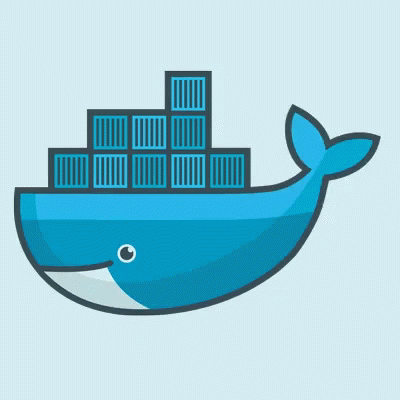While docker helped simplify the developer experience. It’s important to emphasize that when we’re talking about application containerization, this is a relatively fresh approach in IT. Even so, it is a fast-growing trend. So, let’s highlight some of the leading application containerization services. Three are currently dominating the market: Docker Platform, Kubernetes Engine and Amazon Elastic Container Service.
Docker
- Officially launched back in the year 2013, as an open-source technology under the name, Docker Engine.
- The docker container is actually a bundle of code that contains an application and its necessary elements.
- The container image is a lightweight package of executables that includes all of the code, runtime, system tools, libraries and configuration files needed to run an application.
- Container images become containers at runtime, isolating the software instance from its environment and ensuring that it performs uniformly regardless of differences between the development and staging environments.
- Docker containers can run anywhere, on-premises in the customer datacenter, in an external service provider or in the cloud, on Azure.
The Google Kubernetes Engine
- The Google Kubernetes Engine allows you to deploy, manage and scaling containerized applications utilizing the Google Cloud infrastructure.
- Kubernetes (also referred to as K8s) initially launched as an open-source containerization management system.
- Later it evolved and is packed with additional features and functionality with the Google Cloud Platform.
- Some of these features denote load-balancing for compute engine instances, automatic scaling of node instances, automatic software upgrades, auto-repair feature which helps to maintain node health and more.
Amazon’s Elastic Container Service (or ECS)
- ECS is another powerful container orchestration platform.
- It offers AWS customers the opportunity to run containerized applications, and naturally it supports Docker containers.
- The fully managed container orchestration service allows its users to implement API calls to launch or stop dockerized applications.
- ECS is also utilized within Amazon to power services such as Amazon SageMaker, AWS Batch, Amazon Lex, and Amazon.com’s recommendation engine. In addition, you can use it to access other AWS features such as AWS CloudTrail event logs, Amazon CloudWatch Events, IAM roles, and so on.
Results and Benefits
Any CD pipeline running in Docker containers can really move a lot faster. Some of the key areas can be provisioning build servers, testing, deployment automation and so on. With the increase of automation, you are straining infrastructure resources, and that’s where Docker comes in. It easily reduces these strains and ultimately the costs. This especially goes for larger development efforts.
We’ve only just scratched the surface here. Docker has a huge number of benefits, such as being able to run additional workloads on the same hardware; plus it’s lightweight and fast. It is also a solid and cost-effective alternative to VMs, which means more computing capacity becomes available for your business operations.
Stay tuned, for to learn more about the biggest benefits of Docker.
